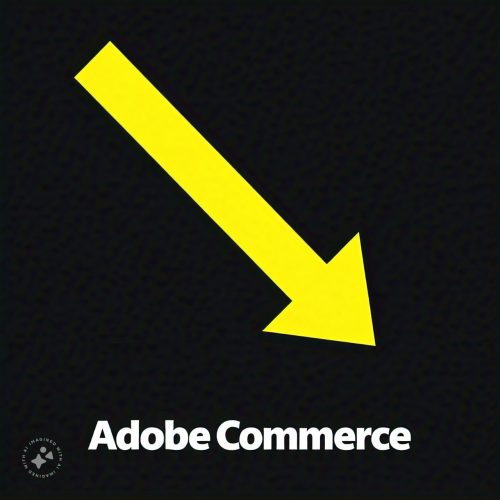
The Limitations of Adobe Commerce: Is it really Suitable for Enterprise Customers?
As the e-commerce landscape continues to evolve, businesses are seeking platforms that can keep pace with their growing needs. Adobe Commerce, formerly known as Magento, has been a popular choice for many e-commerce businesses. However, its underlying architecture and technology stack may not be suitable for enterprise customers.
PHP-Based Architecture
Adobe Commerce is built on PHP, a mature programming language that has been around for decades. While PHP is still widely used, it may not be the best choice for large-scale, complex e-commerce applications. Modern e-commerce platforms are increasingly adopting more efficient and scalable languages like Java, Kotlin, and Node.js.
Tenant System
Adobe Commerce uses a single-tenant system & multi both, but the in reality looks like only single after talking to customer; which means that each instance of the platform is dedicated to a single customer. While this approach can provide more control and customization, it can also lead to scalability issues, higher costs, and increased complexity. Modern cloud-based e-commerce platforms are increasingly adopting multi-tenant architectures, which provide greater scalability, flexibility, and cost-effectiveness.
Legacy Technology
Adobe Commerce has been around for over two decades, and while it has undergone significant updates and improvements, its underlying technology stack is still based on legacy architecture. This can make it more challenging to integrate with modern technologies, innovate quickly, and provide seamless customer experiences.
Is Adobe Commerce Suitable for Enterprise Customers?
While Adobe Commerce can still be a viable option for small to medium-sized businesses or those with simple e-commerce requirements, its limitations may make it less suitable for enterprise customers. These customers typically require more scalability, flexibility, and innovation to stay ahead of the competition.In contrast, modern cloud-based e-commerce platforms like Salesforce Commerce Cloud, Shopify Plus (still not that good for enterprise but catching), and BigCommerce Enterprise provide more scalable, flexible, and innovative solutions for enterprise customers. These platforms offer advanced features, seamless integrations, and unparalleled scalability to help businesses stay ahead of the competition.
If you’re an enterprise customer evaluating e-commerce platforms, it’s essential to consider the limitations of Adobe Commerce and explore more modern, scalable, and innovative alternatives who have a decent Roadmap as Adobe doesn’t have a good vision & roadmap around their Commerce solution that’s why they perform poor on Gartner ratings.
Feel free to share your thoughts and experiences with Adobe Commerce or other e-commerce platforms in the comments below!As the above post is based on our experience and discussions with customers who have migrated and are migrating from Adobe/Magento to other clouds.


